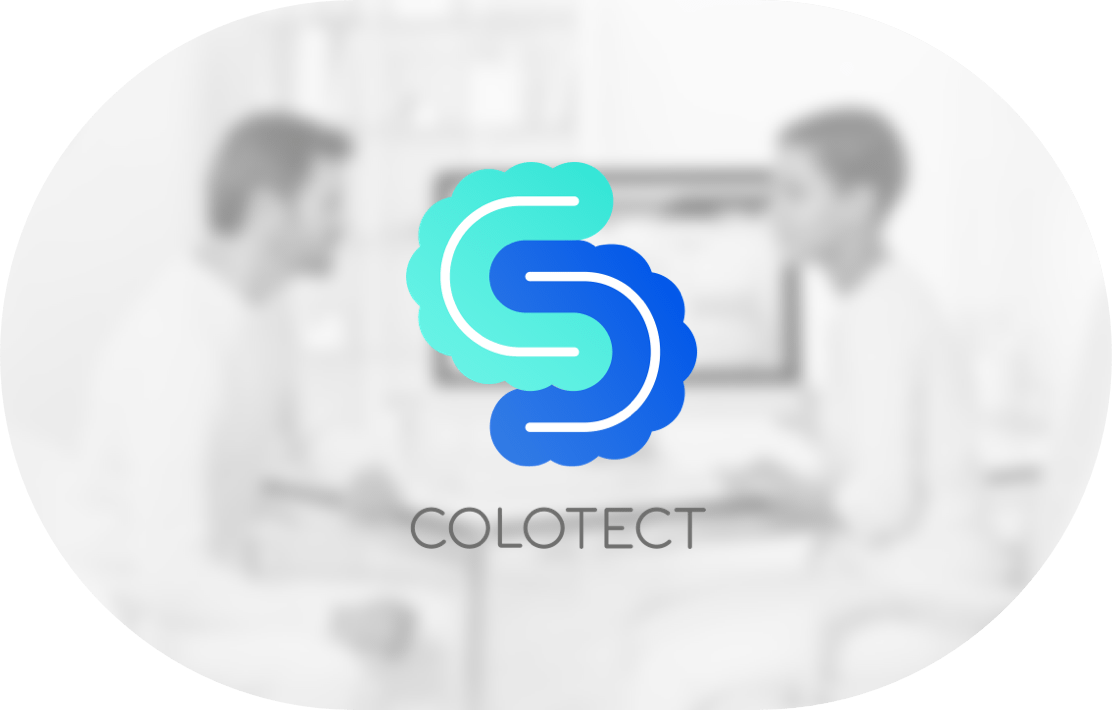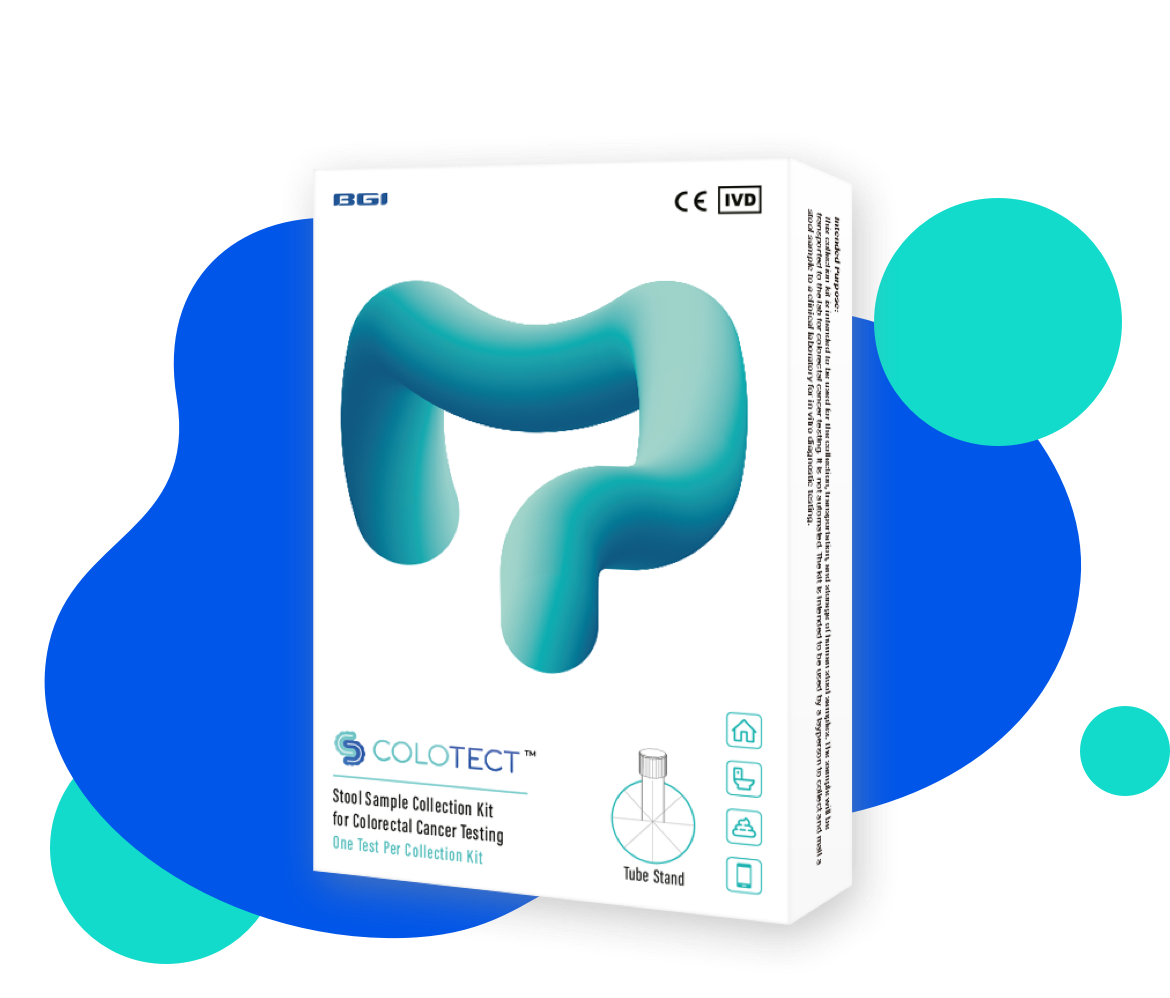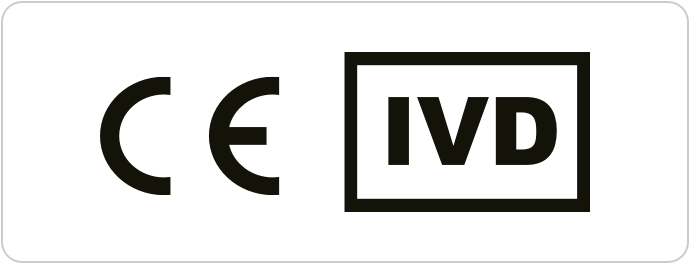Catherine considers herself to have good gut health and never feels any discomfort. Her father was diagnosed with colorectal cancer, which worries her because she understands that people with a family history of colorectal cancer are at increased risk.*
Catherine took the COLOTECT test, and the test result was positive. She visited a doctor and underwent a colonoscopy. A total of 11 adenomas were found and diagnosed as cancerous.
The adenomas were removed and pathology confirmed as stage IA colorectal cancer. Catherine is now recovered and discharged from the hospital.
Because of the positive family history, Catherine’s brother also took the COLOTECT test. The test result came back positive. He went for a follow-up colonoscopy; polyps were found and removed.
*Individuals with a history of colorectal cancer in a first-degree relative (parent, sibling, or child) are at increased risk. The risk is even higher if the relative was diagnosed with colorectal cancer when younger than 50, or if more than one first-degree relative is affected.












